According to San Francisco skin-care specialist Kristina Holey, the purpose of any skin-care routine is to enhance the functionality of your skin or pinpoint the spots you wish to address. You may observe improvements in yourself as you continue a skin-care routine. The goal of your skin-care products is not to create PERFECTION, but to make space for a healthier birthday suit. These following three steps may function as your daily routine to bolster your skin and ground your day.
A plethora of varying thoughts about how to moisturize or protect yourself from UV rays, to name just a few things, come from product reviews and doctors. However, your daily habits have a significant impact on how you see yourself in the mirror. There is no one size fits all when it comes to skin care, so you must decide for yourself. Here are some suggestions to help you make sense of everything:

Any skin-care routine's purpose is to improve your complexion or target any issues you want to address. While the science behind skin-care products has advanced a lot, there is still no quick fix.
There must be continuous use for the benefits to show. Regular use is necessary to see results.
Skin-care products should be applied in order of consistency—from thinnest to thickest. For example, cleanser, toner (if you use it), serum, and then moisturizer.
Washing your face is the most fundamental and vital component of any routine. Every day, our skin is exposed to environmental pollutants, dirt, and other factors that should be gently removed. To avoid clogged pores, dullness, and acne, wash twice a day, morning and evening.
What Exactly Is Non-Comedogenic?
Non-comedogenic products are frequently used on product labels, but the meaning is not always clear. A non-comedogenic product does not block pores or cause acne, either by clogging the skin, blocking hair follicles, or irritating the hair follicles. Although the F.D.A. does not regulate whether a product is non-comedogenic, many companies perform their own tests to determine whether a product is comedogenic or non-comedogenic. Coconut oil and cocoa butter are known comedogenic ingredients. A product with fewer ingredients is usually easier to determine if it will cause a reaction.
You should know how to apply toner.
Astringents from the ’80s are remembered by many as the original toner. After cleansing, the original product dried up oily skin and removed dirt,” says Dr. Nazarian. Their formulas have changed significantly,” says Dr. Nazarian. They’re like supplements—these thin liquids add more nutrients to your regimen, improving the absorption of other products while maintaining your skin’s health. According to New York City aesthetician Jordana Mattioli, toner is optional: “It may deliver specific ingredients or offer another layer of skin replenishment if you wish.” These are some of the heroes you should look for, if you have the time and interest:

What is toner?
Mattioli says that toners should be used after cleansing and before other skincare products. According to Mattioli, the traditional method of saturating a cotton pad and wiping it across one's face is not ideal because it results in a lot of wasted product.
“Applying toner with clean hands is the most efficient method,” Mattioli says. “Pour a few drops in your palm and then swipe it on.” If you want, you can also split a cotton pad before applying toner,” he suggests. Most formulas can be used in the morning and evening, but you may want to use those with exfoliating acids only at night or every other day.
Serums are potent skin allies. These elixirs are loaded with concentrated amounts of active components, which can help to tackle a variety of issues, including dark spots and wrinkles. According to Mattioli, everyone should use an antioxidant serum in the morning to defend against everyday assaults, even if they don't have any specific problems. There are 'limitless choices' for ingredients, but Nazarian likes her hardworking favourites the most. If you want to handle specific issues, look for these products:
There are a few pointers and hints that may prove helpful.
You may employ multiple formulations if you have numerous issues. Mattioli recommends treating different areas with different products. For example, you may use a vitamin C serum all over, but then dab on another one for hyperpigmentation in only a few areas. Check with your dermatologist to avoid any adverse reactions.
Don't attempt to mix a serum into your moisturizer to save time, as this 'diminishes the absorption efficiency of the serum,' says Dr. Nazarian. Apply products one after the other.
According to Dr. Nazarian, the frequency of serum applications varies depending on the ingredients. Mattioli recommends using antioxidants in the morning because they provide additional protection from the environment, and most of us do not wear enough sunscreen, she says. Retinols are best applied at night, according to Dr. Nazarian, because they are not sun-stable and will break down if used during the day. Make sure to read the instructions carefully.

The skin's outer layers lose water when moisturizers aren't present. Because of this, moisturizers are frequently used to hydrate and soften the skin. According to Dr. Charles, moisturizers maintain water within the skin's outer layers by preventing water loss. They can also help to replenish the skin's natural protective oils and other components, such as ceramides. This product should be used all year round, especially on sensitive skin. As we age, the skin loses the ability to retain moisture, and washing can remove the skin's natural moisturizers, according to Dr. Nazarian.
There are two main types of skincare products: day and night creams.
Your skin will be shielded from environmental aggressors when you leave the house in the morning, thanks to a cream with antioxidants and UV protection. These creams are usually lightweight and smooth. You can employ a night cream to repair any damage you may have received. It contains ingredients such as retinol to aid cellular turnover and counteract dark spots. Emollients in these creams replenish moisture levels, which naturally drop in the evening, causing a rich, thick texture.
What eye creams are and how they work are explained.
It is possible to live without an eye cream, but you may want to consider one if you have any issues, such as hyperpigmentation, dryness, or puffiness. According to Dr. Nazarian, the skin around the eyes is quite sensitive and delicate, and irritants are more likely to cause a reaction there than in other areas. Because of this, dermatologists typically recommend eye creams that are less irritating and have lower levels of active ingredients.
Mattioli says that caffeine, peptides, and hyaluronic acid can help reduce undereye bags and inflammation. “Dark circles can be caused by visible veins or discoloration in darker skin tones,” she says. Vitamin C, kojic acid, and niacinamide are good for brightening the skin.” Avoid strong retinols (which may irritate the eyes) and fragrances to prevent eye irritation.
According to every expert we spoke with, sunscreen is the most crucial skin care product of all. Dr. Charles says that it is 'of utmost importance as part of your year-round regimen.' It can help prevent the development of fine lines and wrinkles, textural imperfections, and changes in pore appearance over time. Daily sunscreen use can prevent certain skin cancers as well as daily moisturizers with built-in SPF of at least 30 can help.

How to Apply Sunscreen Correctly
According to Dr. Nazarian, here is your rule of thumb: Sunscreen should be applied 30 minutes before sun exposure and reapplied at least every two hours. Chemical sunscreens should be applied directly to clean skin, while physical blockers should be applied last in your skin-care regimen but before makeup. Your face and exposed areas of your body should be covered with about two tablespoons of sunscreen; a nickel-size dollop should be used to cover your face.
In regards to skin care, sunscreen is the most crucial product, according to all of the experts we interviewed. As Dr. Charles puts it, sunscreen is 'of utmost importance as part of your year-round regimen.' Daily and consistent sunscreen use can help to prevent the development of fine lines and wrinkles, textural defects, and pore appearance changes over time, as well as helping to prevent certain skin cancers. It can also prevent skin cancer in addition to daily sunscreen use. Daily moisturizers with a SPF of at least 30 are recommended because they are simple to remember.
If you want to protect your skin, choose products with antioxidants, such as vitamin C or vitamin E. Use the right products for your skin type and skin concerns. If you’re dealing with acne, you may want to consider using a benzoyl peroxide product. If you have oily skin, you might have an issue with sebum production, so moisturizers and toners might be necessary.
When deciding what to buy and which products to use, also keep in mind that the best skin-care products are those that work effectively and don’t come with harmful side effects.
After you have your routine down, you should also make time for the more important part of your skincare routine— enjoying your life and conquering the world with a healthier skin!


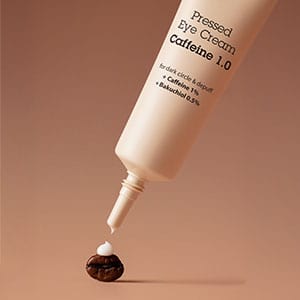
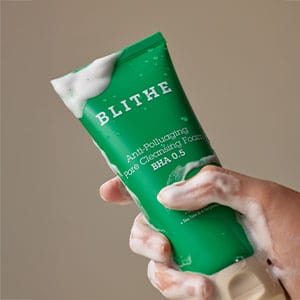
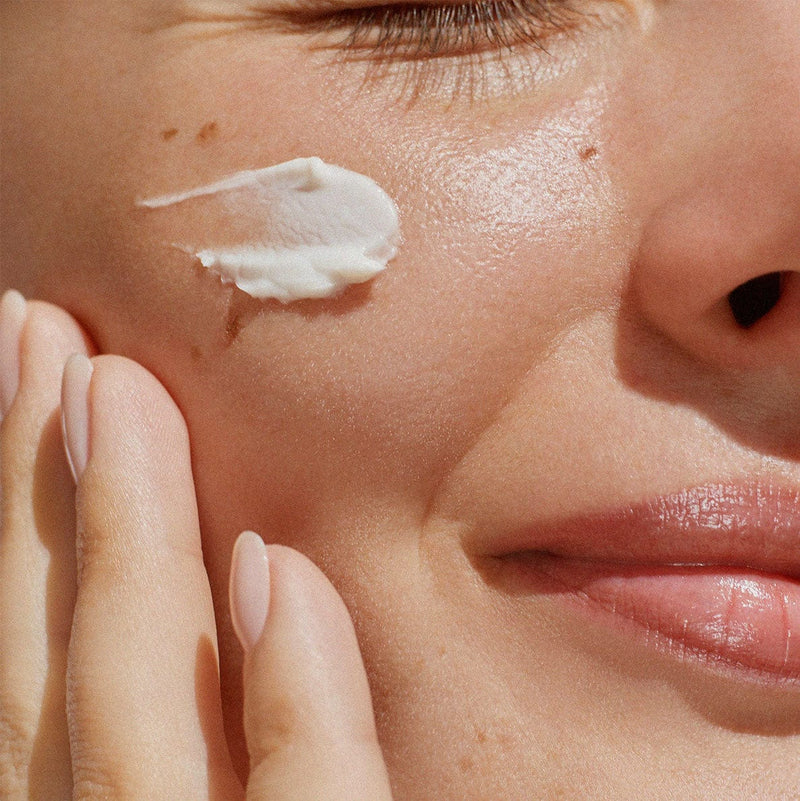
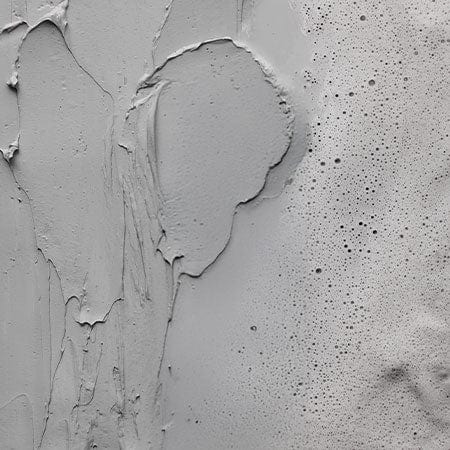
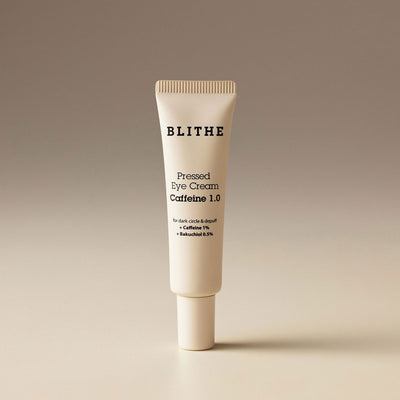
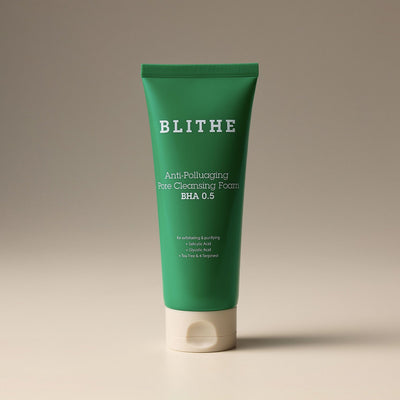
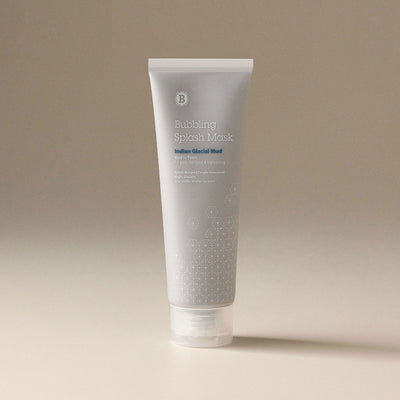
Leave a comment